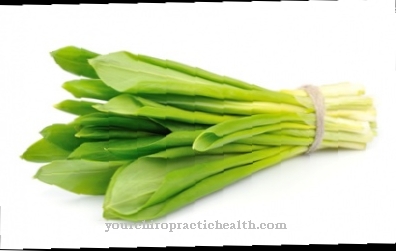The yarrow, also called soldier herb, is one of the composites (Compositae) and is colloquially known as "bellyache herb". The botanical name is Achillea, derived from the hero Achilles, who is said to have used this plant to treat his wounds.
Occurrence & cultivation of yarrow

The yarrow is one of the most popular and important medicinal plants. The plant received its German name thanks to its occurrence in meadows, pastures and on roadsides, where sheep like to eat it.
It occurs in the subtropical to temperate zones of Eurasia and thus also in all of Europe. The plant is very similar to chamomile with its pronounced antiseptic properties, but it has a stronger invigorating effect on the body.
The sheep gift is a perennial, herbaceous plant that is known for its white, small flower heads and its aromatic scent.
Application & use
Using the yarrow as a medicinal plant has long been a tradition, also because its mode of action is very diverse. Either only the flowers or the entire flowering herb is used. Fresh shoots and the leaves of the plant can also be used, for example as an addition to salads or other dishes.
The plant is suitable for internal use in the form of teas, tinctures, juices or oils. It is used externally as a (sitting) bath, massage, washing and compress.
The yarrow contains many bitter substances, which particularly stimulate the activity of the bile, pancreas and liver. This makes it a very effective remedy for digestive problems. The plant also contains many antispasmodic and anti-inflammatory substances. Because of its astringent (contracting) tannins, yarrow was already valued by the Romans as a hemostatic wound healing agent.
To support wound healing, it is sufficient to rub a few green leaves of the plant in the palms of the hands and rub them on the wound. The essential oil has an antibacterial effect, prevents inflammation and accelerates the healing of the wound.
For internal use, yarrow tea can be easily made from 1-2 teaspoons of dried herb that is poured over with boiling water and then takes 5-10 minutes to steep.
A bath is especially recommended for women who suffer from problems. To do this, 100-300g yarrow herb is boiled in 2-6 liters of water, left to steep for 20 minutes and then added to the bath water.
Yarrow blossom oil is also very versatile. Whether for the treatment of eczema, hair loss or for general skin care. To make such an oil you have to add 2 handfuls of yarrow flowers to 250 ml of oil (e.g. jojoba oil, almond oil) and then leave this mixture in the sun for 3-4 weeks.
Significance for health, treatment & prevention
The medicinal plant is considered to be an effective remedy for a variety of different ailments. Therefore it plays an important role in the treatment and prevention of various diseases and in supporting general health.
It is known yarrow Especially for your use in abdominal pain, flatulence, diarrhea, constipation or inflammation in the gastrointestinal tract, it also stimulates the appetite. The plant is also used to treat various diseases of the urinary organs such as bladder weakness, bed wetting or base catarrh.
The yarrow is also known as "feverfew" thanks to its healing properties in women’s ailments. For example, it helps with cramp-like pain and circulatory disorders in the abdomen, with menopausal symptoms, with premenstrual syndrome and can promote the regularity of menstruation. In addition, taking yarrow tea can prevent period pain.
Yarrow is also used against various skin diseases and problems such as acne, eczema, sunburn and for general wound healing.
Furthermore, this medicinal plant is suitable for improving the circulation, calming the nerves and supporting a peaceful sleep, because it has an effect on blood formation, improves blood circulation and facilitates heart activity.
It is also used to remedy everyday ailments such as headaches, diarrhea, constipation or runny nose. In addition, yarrow can relieve back pain, pelvic joint pain and rheumatic complaints.
The plant can also be taken preventively, for example before surgery, dental treatment, before radiation or before birth.

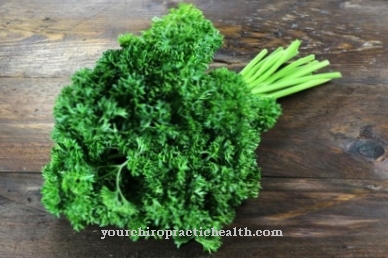
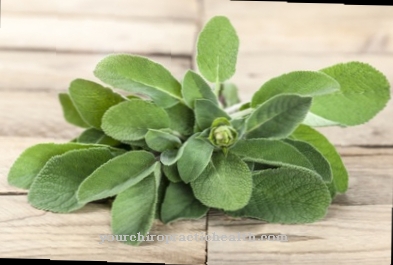
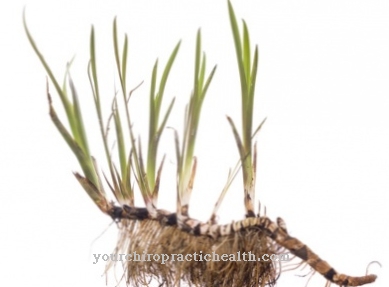
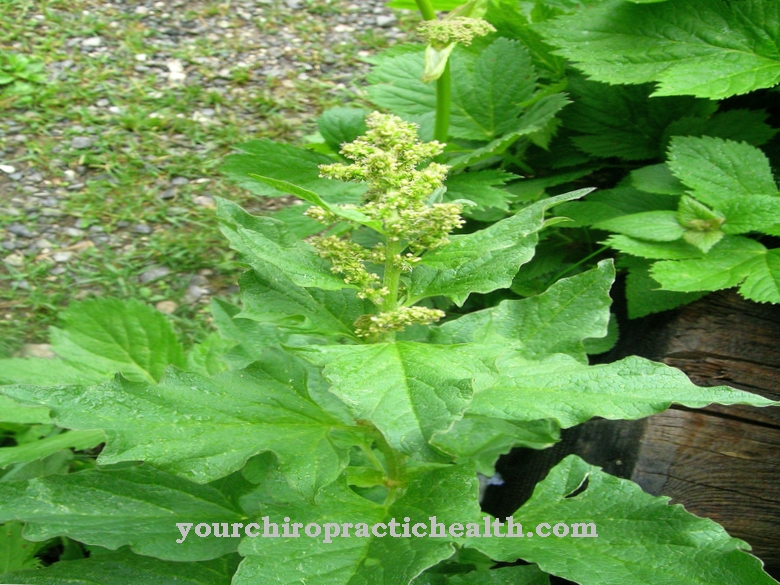

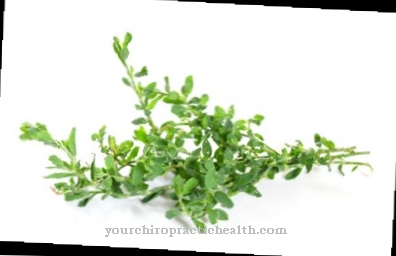





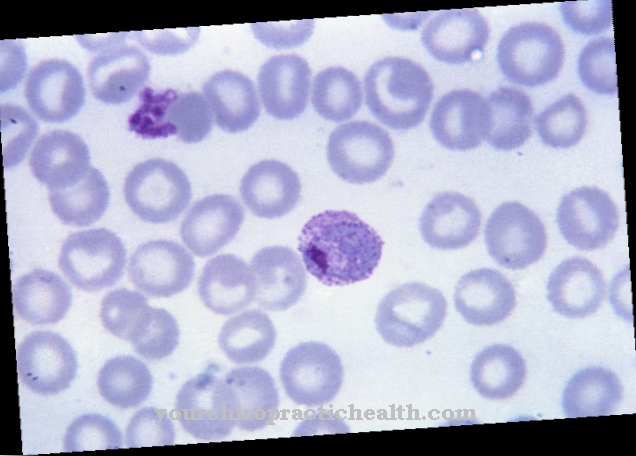




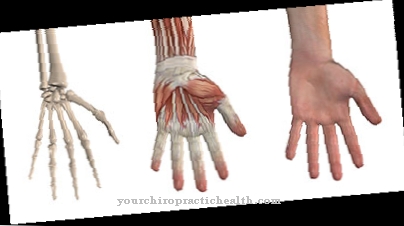







.jpg)


